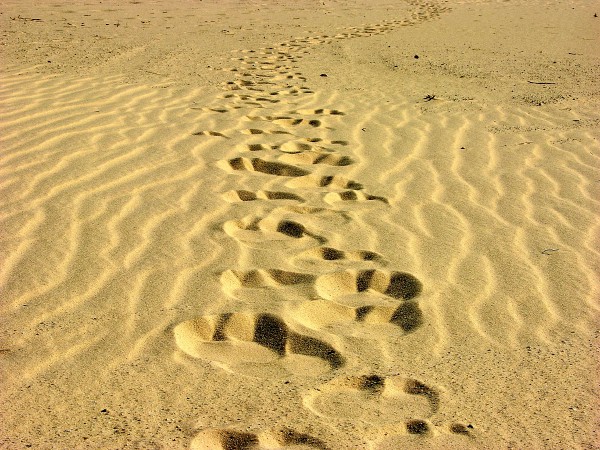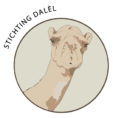2011 – PRESENT
At the beginning of 2011, Egypt experienced a revolution which was the beginning of economic instability, negative travel advice and the isolation of the international airport of Sharm el Sheikh. This resulted in a total collapse of tourism even though everything always was and is safe in South Sinai.
At the end of 2019 tourism started to pick up again but then…corona came and the war between Russia and the Ukraine, what caused again a big inflation wave.
Although tourism is slowly starting to pick up again and charter airlines are returning to Sharm el Sheikh airport, many Bedouin have had to struggle for too long to survive.

When things go bad for humans, the situation for animals becomes many times worse.
Shortage of healthy, reliable Camels
One of the consequences has been that many Bedouin were forced to sell their camels to slaughter for which on top of it they unfortunately received a meagre amount.
Happily, this does not apply to the Bedouin and their camels that are supported by the Dalèl Foundation.
Result however is that a shortage of healthy and reliable camels for desert work has gradually surfaced, putting the Bedouin culture under even more pressure.
Another consequence
Another consequence is a situation for those with their heart in the right place …
These are Bedouin who have always resisted and refused to exchange their aging camel for a younger one because they want to give their elderly camel a good old age.
Which means that these people did not and still do not have the financial means to purchase a younger camel for the continuation of income and to pass on their culture to a younger generation.
Waste & Cardboard
For those camels that survived but do not fall under the work of the Foundation, the situation is lousy: they often get to eat waste from hotels and restaurants instead of corn and grain, and eat cardboard instead of hay.
The waste from hotels and restaurants is usually not free, so has to be paid for. On top of this the amount of waste has also decreased because the restaurants and hotels also have/had almost no tourists anymore.
Hotels and restaurants in Egypt do not separate their waste, so the waste contains besides food remains also cigarette filters, plastic, pieces of glass, etc.
The plastic problem
There is little to no awareness among the population of how harmful waste is.
For example, plastic bags, plastic packaging, diapers, glass, cigarette filters and chewing gum are simply thrown on the ground, out of moving cars or left on beaches without a municipal collection service.
This ends in the sea but also in bushes that animals graze on.
Many camels have already died from too much plastic in their stomachs (even plastic bags!), which closes everything off.
The good news
Fortunately, the Foundation has been able to help three families with their heart in the right place so that they can at least give their elderly camel a good old age …
Two sons of such a family, who are excellent cameleers, also build up income with and through the camels of Joyce …
In addition, the Foundation has rescued seven Camels from slaughter or otherwise and has relocated five of them, including at three families with the heart in the right place.
One of these camels, named Asfur, was the initiator to start the Adoption Programme in 2012.

♥ Asfur, saved from slaughter and relocated, initiator of the adoption program. Asfur was fully adopted.

♥ Tunesie, the most favourite camel among DesertJoy participants, saved in 2014, his owner is now really his owner …

♥ ♥ Hindi & Ghayyadh, both saved from slaughter (2011 + 2018) and relocated. Both still need adopters…

♥ Dahrutsj, he can enjoy a good old age but is still in need of adopters …
